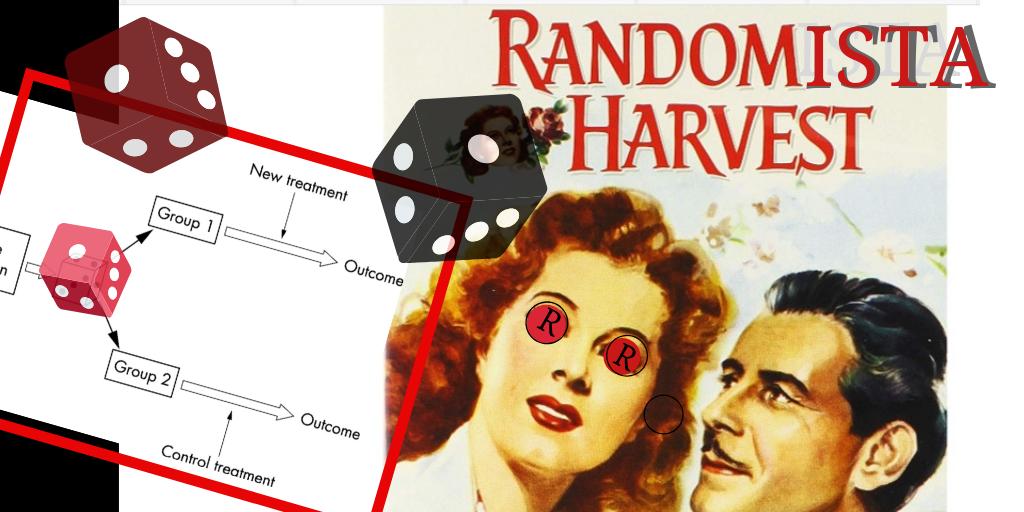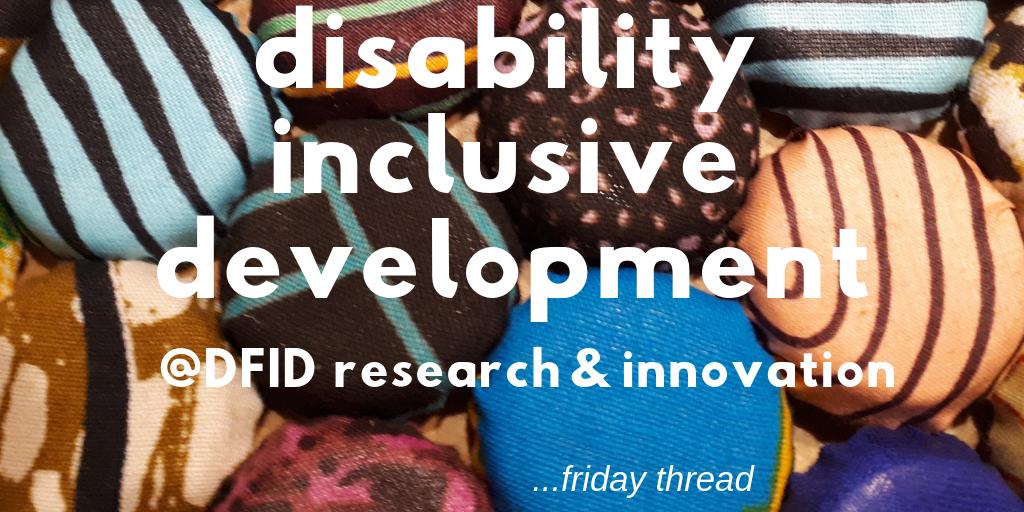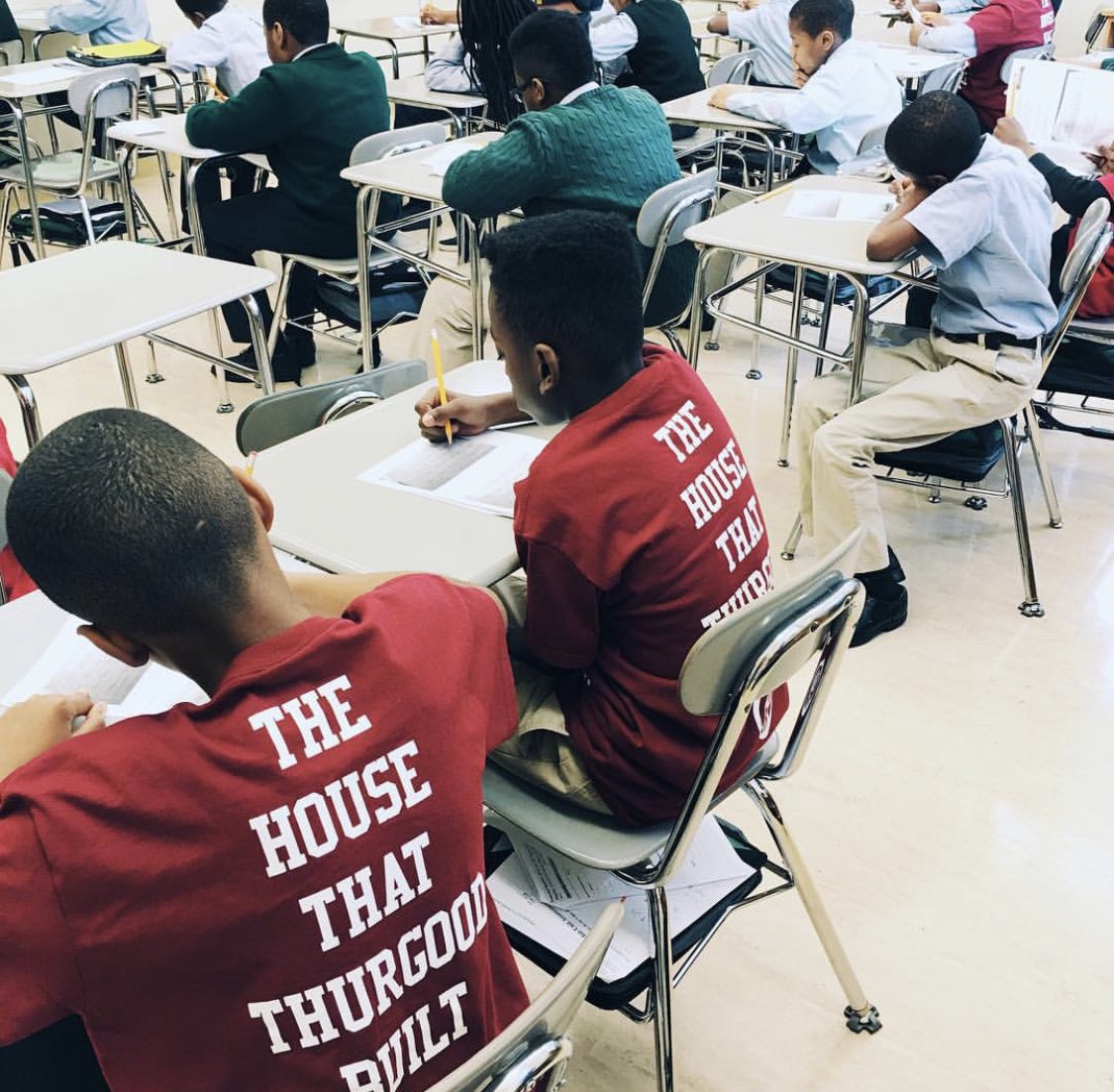RANDOMISTA!
That cry is rarer now. In the worst times, any research conference could be disrupted by shouted denunciation. Or by rumours and unease - Randomistas had been spotted in the lobby, with offers of ‘gold standard’ evidence.
2/21
3/21
If 'Randomista!' rings round a spiral-carpeted conference plenary, I start my defensive drills. I mouth the litany of research methods that I know and love, and thank each in turn for sparking research joy...
4/21
We are <still> not Randomistas.
5/21
This 15% of our annual budget on RCTs (~2 of 18 prog) supports some brilliant work – as does the 85% spent on 16 progs that use a wide range of mixed method, inter-disciplinary, politically-informed, qual ‘n’ quant research methods.
6/21
- Governance Initiative;
- Crime & Violence Initiative;
- Peace & Recovery Initiative.
Some JPAL & IPA RCTs have really shaken my assumptions about how things work - in key governance areas.
3 examples:
7/21
This Rajasthan policing RCT helped cut through my fog bit.ly/2YtowQm
8/21
This Sierra Leone RCT found +ve community level benefits but at expense of -ve mental health effects (re-living trauma) for individuals. bit.ly/2p2Mj7e
9/21
This Zambia RCT tested recruitment methods: community motivation vs advertising career opportunities.
Careerists performed better, improved health practices & outcomes. bit.ly/2SQ5tdR
10/21
No. These were in places where I was NOT working. No single study Eureka! moment caused a rash U-turn. But the insights were a 1st challenge to longheld assumptions about critical points in complex systems, with big $ resting on these assumptions.
11/21
Discussing doing a RCT doesn’t always end in a RCT. But I have found ‘dry runs’ help thinking about theory of change; interventions (min. # of community meetings needed to deliver change?) what success looks like (outcomes); how/when to measure.
12/21
Huge respect to practitioners with emotional/ financial/ professional/ social investment in an intervention who volunteer for evaluation. And not just because donors want it…. @INBreakthrough are among the boldest I know
13/21
14/21
bit.ly/2YrAmGB
15/21
We find that RCTs attract far more criticism than any other type of research in our portfolio. Typical criticism:
a. Ethics: usually about withholding [untested!] treatment from control group. We find RCT researchers are always happy to discuss this.
16/21
Sometimes awkward silence is the reply...].
17/21
b. an RCT’s findings (and claims of demonstrating causality);
c. artificiality of breaking complex programmes into chunks that can be tested in isolation.
d. Generalisability.
18/21
We believe that ‘the method chosen should be the best for answering that RQ’. We add “within available resources e.g. funds, skills, time, risk”. Where do RCTs fit in wider bodies of evidence? See neat precis by @Howardnwhite bit.ly/2LM0v13
20/21
If you are having a holiday - have a good one.














